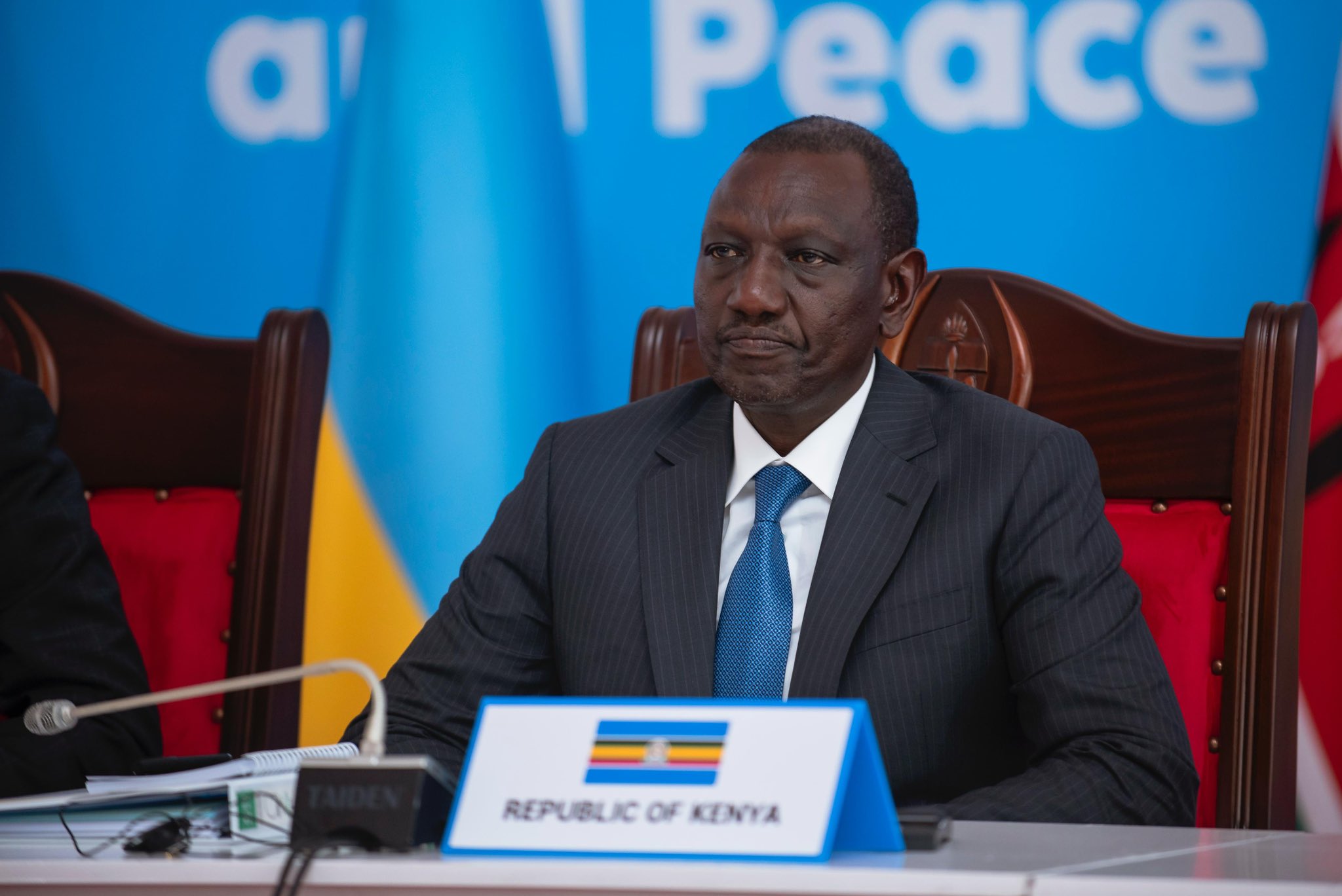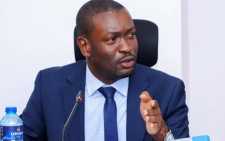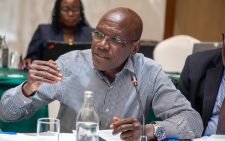Cash constraints hobble EAC’s integration efforts

After seven years in limbo, the Annual Secretary-General’s Forum of the East African Community (EAC) was held in Nairobi from the 10-11 December under the theme “Towards a Resilient and Fully Integrated East Africa: Overcoming Challenges and Harnessing Opportunities”.
The forum provides a space to dialogue on opportunities and challenges provided by the EAC integration process as well as for stakeholders to share experiences.
However, for seven years in a row, successive secretaries-general have failed to prioritise the forum, pushing it to the back burner whenever it was due, citing budgetary constraints that have become the bane of the EAC and its integration processes.
But upon assuming office on 7 June, EAC Secretary-General Veronica Nduva has managed to put together and have the seventh forum, held for two days within months of her appointment, a remarkable achievement by all accounts.
For the better part of its nascent years, the EAC seems to have been in the clutch of old-timers.
Veteran diplomat Francis Muthaura (Kenya) was the first EAC secretary-general, but only for nine months from July 2000 to April 2001. Muthaura was succeeded by another veteran, Amanya Mushega (Uganda), who served his full five-year term from 5 April 2001 to 4 April 2006.
Mushega was in turn succeeded by another veteran, Juma Mwapachu (Tanzania), who also served five years until 19 April, 2011, when he handed over to the more youthful Richard Sezibera (Rwanda), a medical doctor and diplomat turned politician.
Longevity in life and being age mates seem to be a common feature among those who have served as secretaries-general of the EAC. All the individuals who have served in that role are still alive.
Save for Mwapachu, who was born in 1942, the others seem to be age mates of their successor and vice versa. Muthaura and his successor Mushega were both born in 1946, the same drift re-emerging between Sezibera and his Burundian successor, Libérat Mfumukeko, who served from 2 March 2016 to 2 March 2021. Both were born in 1964.
Nduva, the current secretary-general, is also an age mate of her Kenyan predecessor, Peter Mathuki, both born in 1969.
But that’s as far as their similarities go. With all her predecessors being male, Nduva takes the bragging right as the first woman secretary-general of the EAC. Compared with their youthful successors, the old-timers can be assumed to have been more adroit, nurturing the community at its most nascent stages after rebirth, when mutual suspicions among co-founding heads of state and government probably still ran higher than their blood pressure. They also oversaw the re-establishment of the key organs and institutions of the community, critical to the delivery of the bloc’s mandate.
This year’s forum came at an epochal moment in the history of the EAC.
The bloc is celebrating its silver jubilee, having been founded on 30 November 1999 when the three heads of state of Kenya, Uganda and Tanzania concluded the treaty for the establishment of the EAC in Arusha, Tanzania, paving the way for the coming into force of the treaty on 7 July 2000, with the three countries as the founding partner states.
Rwanda and Burundi acceded to the treaty in 2007, while South Sudan did so in 2016. With the entry of the Democratic Republic of the Congo and Somalia, the regional block now boats of eight partner states.
Despite its potential to promote unity among citizens in the region, the EAC’s enormous potential is undermined by lack of political will to prioritise and fulfil financial obligations by Partner States. Inadequate sensitization, mobilization and involvement of citizens to effectively participate in the organs, institutions and processes of the EAC is another handicap in the integration.
— The writer is the Executive Director of the Kenya National Civil Society Centre; suba_churchill@yahoo.com















